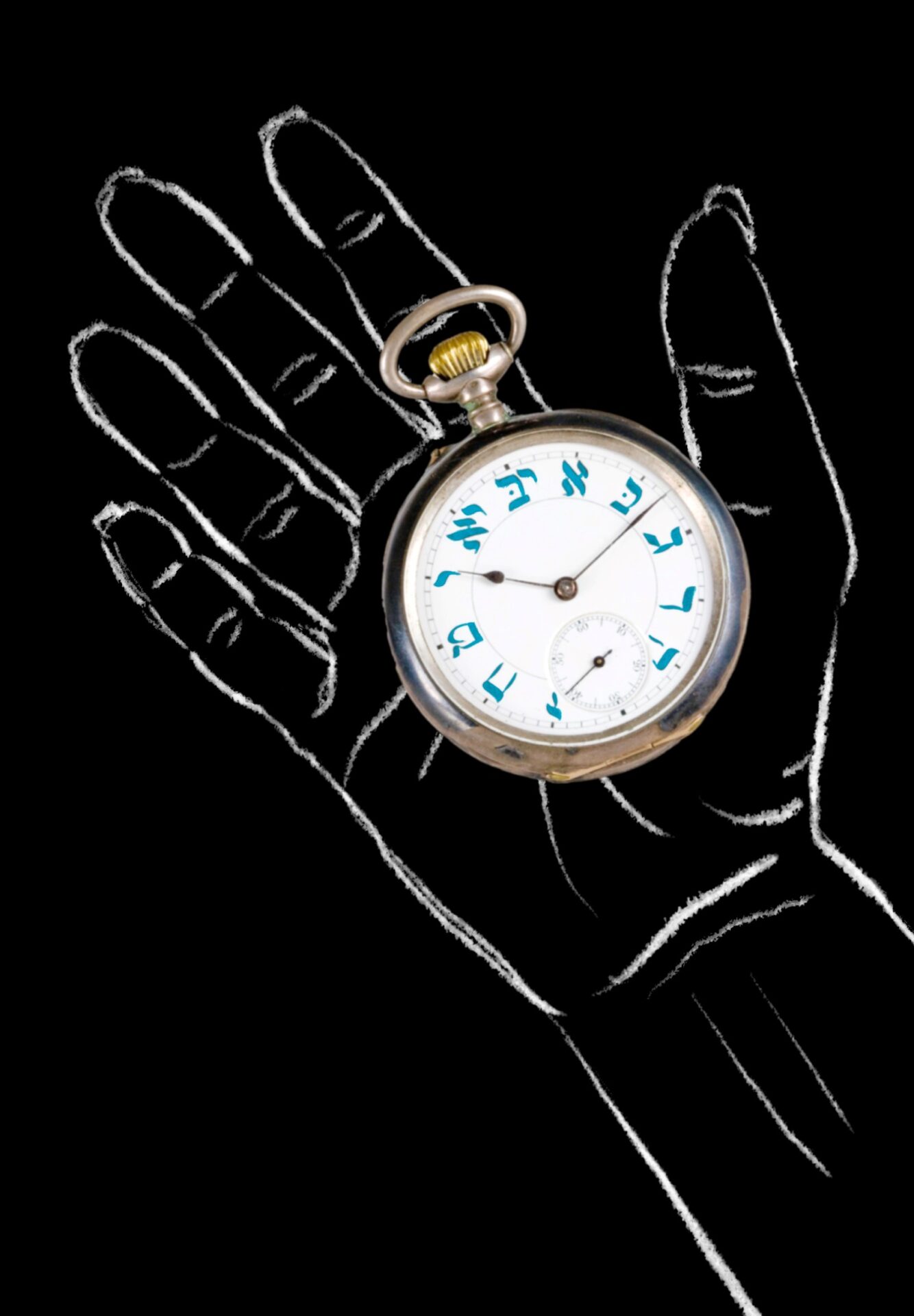«Neither endless work nor endless leisure make a meaningful life.»
Florian Lippke on Religious Concepts of Time
Florian Lippke works at the Swiss Federal Department of Home Affairs on quality assurance in health care. His background is in theology; he wrote his doctorate on the «Lamentations of Israel.» Among his interests are the connections between health and religion. Recently, he looked at how they share concepts of «time off.» Museum director Naomi Lubrich spoke to Florian Lippke about religious holidays, work-life-balance and «digital detox.»
Naomi Lubrich: Florian, you work on leisure as a component of health. What led you to write about leisure?
Florian Lippke: The editors of the journal vsao, Verband Schweizerischer Assistenz- und Oberärztinnen und ‑ärzte (Association of Swiss Assistant and Senior Physicians), asked me to write an article about «frequency in religions.» The journal specializes in medicine, but occasionally publishes philosophical articles as well. This approach resonates with me: I’ve always liked topics that consider how ancient religious beliefs can contribute to current discussions, for instance on veganism, science fiction, beauty, philosophy, and nature – as well as on the origins of democracy in the Middle East. I agreed to write the article and spent a while looking at ideas about units of time in Judaism and Christianity. The concept of «time off» is crucial to both religions.
NL: What did you find?
FL: For instance, that (almost) all religions have both a linear and a cyclical concept of time. Festivals, celebrations and periods of rest structure our lives and give a rhythm to the incessant flow of time. Weeks define our units of work. They are counterbalanced by days of rest. My personal insight is that neither restless work nor endless leisure is a meaningful way of spending our time. Work and rest are mutually dependent and equally important for a fulfilling life.
NL: How do Judaism and Christianity consider «time off»?
FL: Judaism and Christianity share a large part of the Holy Scriptures: The Hebrew Bible and the Old Testament, respectively. In these scriptures, the seven-day week and the observance of the day of rest are fundamental. They represent the divine order. For hundreds of years, separating work and rest has been a key part of social interaction. Religions have been very successful at shaping communal life. In addition to concepts of time, they have informed our approaches to health and have promoted music, art, and law.
NL: How do Jews today observe the day of rest?
FL: To what extent Jews fulfil the commandments and prohibitions surrounding the day of rest varies greatly on whether they are orthodox, conservative or liberal. A recent innovation for orthodox Jews is the «kosher phone,» which technically restricts communication on Shabbat. It is like «digital detox,» but automated and obligatory. Judaism owes its longevity to its diverse forms, to its adaptability to different lifestyles. By being interpreted differently over time, Judaism has remained true to itself and while it adjusted to our changing world.
NL: Florian, thank you very much for your insights.
verfasst am 18.09.2023




